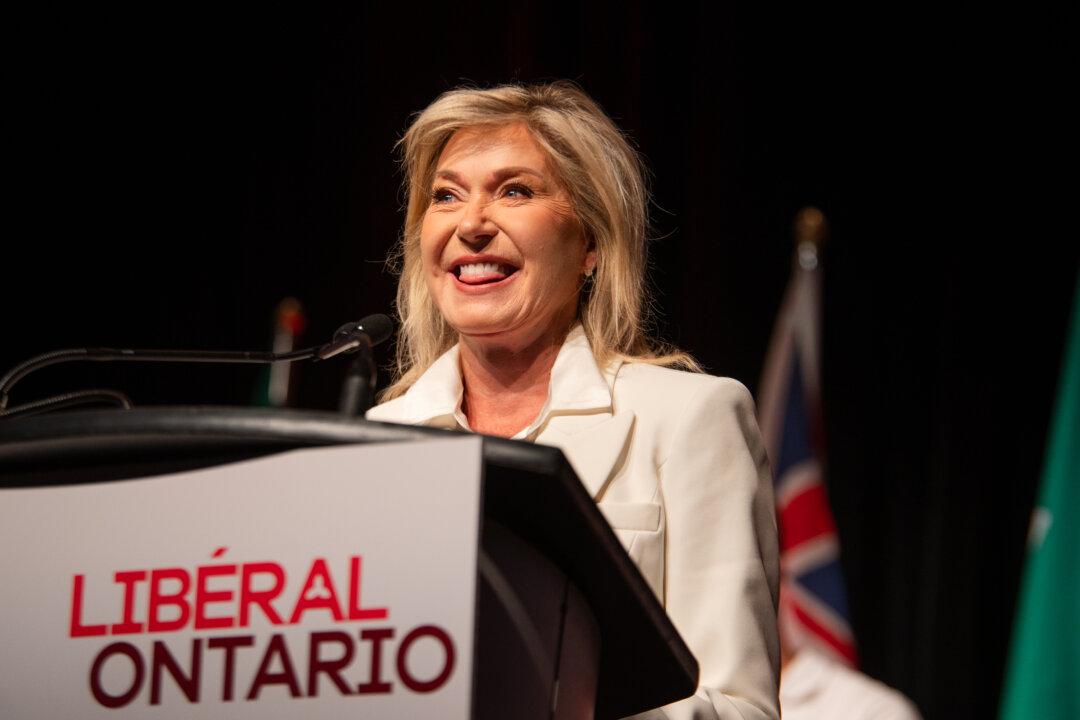OTTAWA—Prime Minister Justin Trudeau is planning to overhaul the way the federal government relates to Indigenous Peoples in Canada, including a new legislative framework designed to pave the way towards stronger rights and greater control over their own destiny.
“We need to both recognize and implement Indigenous rights,” Trudeau said Feb. 14 in a speech in the House of Commons.





